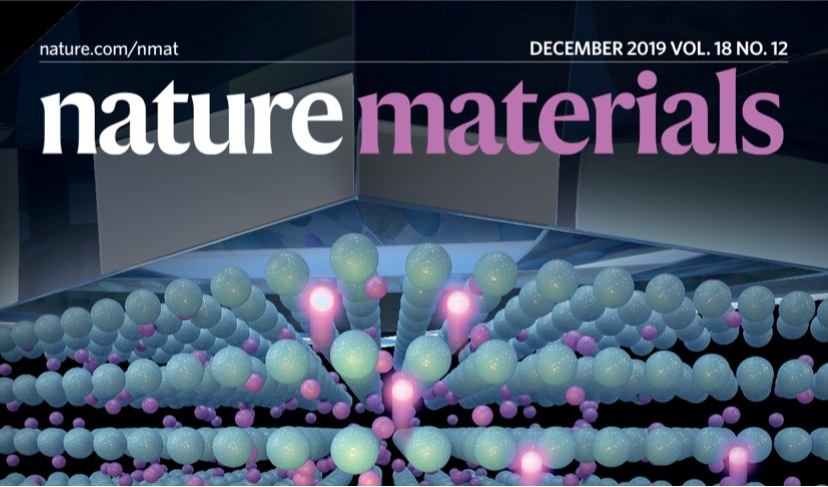Rechargeable lithium batteries have helped power the worldwide portable revolution in mobile phones, laptops and tablet computers. New generations of lithium batteries are now being developed for electric vehicles and for energy storage of intermittent wind and solar power.
In this critical area of energy storage, solid-state batteries have attracted recent attention largely due to their increased safety benefit, which stems from the absence of flammable liquid electrolytes used in current lithium-ion cells.
The research groups of Professor Saiful Islam of the Department of Chemistry at the University of Bath and Professor Christian Masquelier at the University of Picardie, France, have reviewed recent progress in the fundamental understanding of solid electrolytes, which lie at the heart of the solid-state battery concept.
Key issues are addressed in the areas of ion transport, electrochemical properties and processing routes. In many of the key areas, deeper insights have been achieved through a close synergy between experimental and modelling techniques.
Professor Saiful Islam said:
Understanding new solid electrolytes is important for the future design of advanced materials, and could lead to safer solid-state batteries. Indeed, developing better materials holds the key to a new generation of rechargeable batteries for electric vehicles, which will help with air quality and cutting carbon emissions.
The research is supported by the European Network ALISTORE-ERI and a £6.8 million EPSRC Programme Grant on ‘Enabling Next-Generation Lithium Batteries’.

